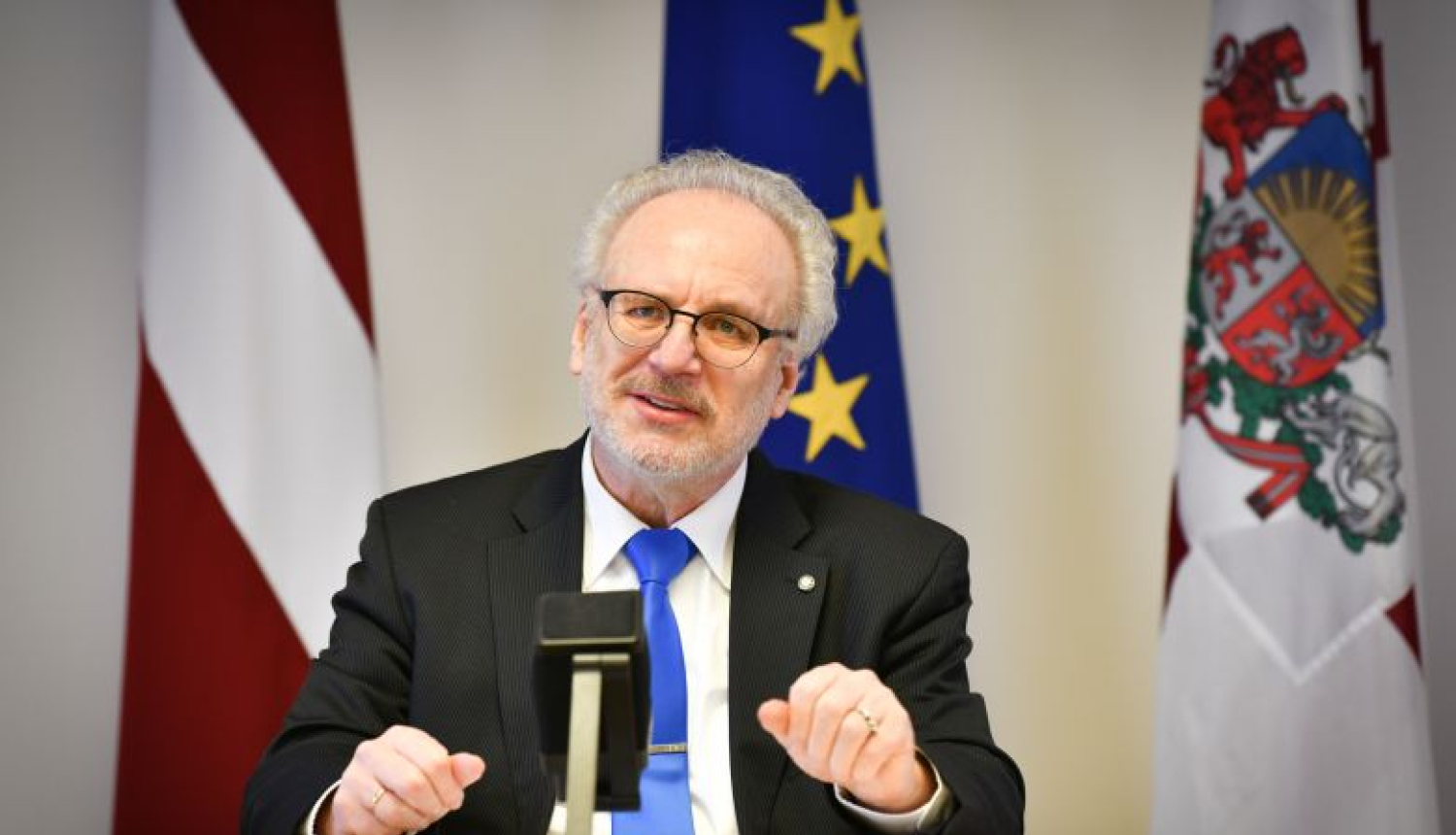Dear participants,
The notion of social entrepreneurship was virtually unknown to most some years ago, whereas now social entrepreneurship is receiving a constantly growing attention here in Latvia. People are becoming more and more familiar with it, so as the government and municipal institutions. This is a promising trend for the society and, in particular, social entrepreneurs.
Today’s conference focuses on cooperation between local governments and social enterprises. And the main question is why we need it, and not whether we need it, as it were some years ago. We are passed that. I hope examples that will be given today will inspire you to follow and aim for the success that other Latvian municipalities and social entrepreneurs have already achieved. And there are more than a few.
Social enterprises play an important role in the local community, district, town, city, and thus also the whole country. They often help municipalities do what they would otherwise not be able to do or do as efficiently. It is important to remember that more than half of all social enterprises are active outside Riga and make their products specifically for local community. That is why I believe social entrepreneurship should be widely embraced as an efficient tool for solving various local problems together with companies from the private sector, which have greater aptitude for innovation and piloting various solutions. Founders of social enterprises are driven to make change by bringing their experience and stories that motivated them to become social entrepreneurs and help society.
Restrictions imposed due to COVID-19 have significantly affected the lives of most of us. We should show our appreciation to social enterprises that continued to help make our lives easier and more fulfilling despite these challenges. For example, social enterprise Sonido, with their initiative ‘Let’s talk?’, which helps people connect, be heard and avoid loneliness. Older people who feel especially isolated by COVID-19 really appreciate this initiative. Social enterprise ‘Resource Centre for Youth’, which helps youngsters overcome risks they face at various stages of their life and unleash their talent. Social enterprise Laboratorium who have turned their science training course for schoolchildren fully digital online. Social enterprise ‘We all can’, which has successfully cooperated with Sigulda regional council for many years, helping it to improve and review social services and boost employment among specific social groups. Social enterprise from Valmiera, ‘My bathing suit’, which offers tailored bathing suits using fabric made of recycled plastic. This company also began making face masks using this fabric during the pandemic.
And there are many other examples, but I am confident that we are far from having exhausted the full potential of cooperation between local governments and social enterprises.
I want to thank all municipalities that are already proactively supporting social enterprises. As for those municipalities where this kind of entrepreneurship is still underdeveloped, I encourage you to explore this opportunity, identify interest and design appropriate support. Together we must build local-level support frameworks and cooperation culture – we can overcome long-term challenges only if we work together.
Thank you to Latvian Social Entrepreneurship Association for their tireless efforts in raising the awareness on this important issue for everyone! Congratulations to the new president of association Regita Zeiļa, who took over the reins last December. I wish you all the success and best in the new position!
I would like to conclude by wishing everyone an interesting and fruitful conference, lots of takeaways, inspiration and energy to keep going and making our life better.




